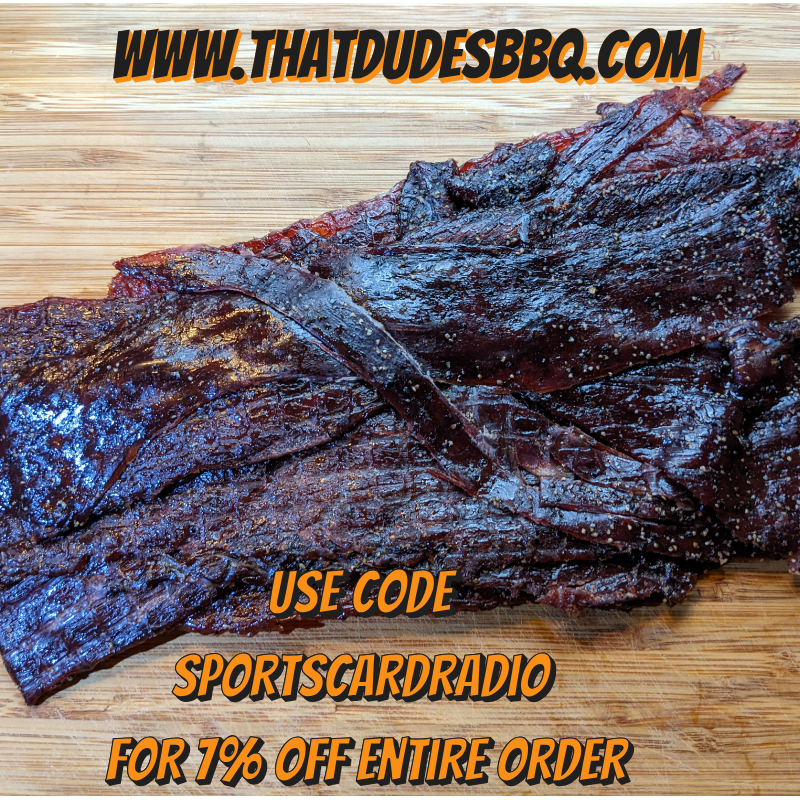Down Arrows on Topps Since 2007
When Madison Dearborn Partners purchased Topps in 2007 for $385 million it was seen as a solid deal for the private equity firm. That was before the financial collapse of 2008. Some financial experts suggest Topps is apart of a larger fund that has performed poorly for Dearborn. It’s believed the private equity firm has made severe cuts to Topps’ operating costs in an attempt to unlock what value the company has.
Up Arrows on COMC
One misconception about COMC, the online card consignment service, is that the revenue the company makes is tied solely to selling as many cards as possible. Wrong. I’d pay several thousand a month for access to their database of photos and price information. Why? I could make several thousand more using the data. Believe it or not, providing sports card information like pricing, checklists, photos, can be a lucrative venture. But the database of pricing and photos could be used by big pocket online retailers. Someone like Amazon, eBay, or Beckett Marketplace sellers would love access to perfect front and back scans of millions of trading cards. I see cha-ching in the future.
A Flawless Peach
Panini Flawless Basketball, which is pre-selling for around $1,400 a box on the retail level, is scheduled to release in early October. It’s a very limited product that might be hard to get even at the wholesale level. Rumors popped up that a certain sports card wholesale distributor got more supply of Flawless then rival distributors. The reason being, the distributor getting the supply had conceptually come up with the idea for the set. Sounds a bit bizarre. Panini and the distributor in question both deny the rumor. A competing distributor also dismissed the idea saying, “I’ve never heard of anything like that.”
College Cards
The push to pay college athletes is at an all time high. It feels like a majority of people believe it’s okay to pay athletes competing in college sports. While it may never happen, or be many years away, the ramifications of paying college athletes could spill over to trading cards. Creating cards of current college stars seems like a turn-key way for the NCAA to finance payments to players. If someone like Topps or Panini could create a card of a player like Johnny Manziel while still playing at Texas A&M….. well, I can see the dollar signs.
Former Upper Deck Employees Still Strong
There is a community of former Upper Deck employees who still keep in touch and remember the old days. This included a recent outing to a San Diego Padres Game. Many former Upper Deck employees have very fond memories of the glory days at the company. It’s doubtful that Upper Deck will ever be able to rekindle the magic that made their cards so popular. They’ve lost so many talented employees and business deals that the mountain might just be too high to climb.

Dipping in Chrome
Topps released Topps Chrome & Bowman Chrome Baseball within two days of each other in late September. It’s a questionable move because the sets have a similar following and price point. One wholesale distributor said someone at Topps “messed up and will pay for it.” Another distributor said “It’s tough, but the content is different.” The content being the Bowman Chrome set features mostly cards of minor league prospects. Prospect cards can not be inserted into the Topps Chrome set. I’m setting the over/under of the employee’s age at Topps who made the mistake at 29.5.
Sign of the Times
The L.A. Times had a nice article about a semi-struggling card shop that has break nights at his store in Spokane Valley, Washington. It hit a little close to home as I was once a struggling card shop owner. Several things struck me about the article. It describes a customer buying a box of cards and getting a Robert Griffin III autograph/jersey card. The box cost $140. There was excitement in the shop because it was thought the customer did well on his gamble. But after going through the article the customer ended up selling the hits from the box for $105. The Griffin III he supposedly sold for $90, a Ronnie Hillman $10, and a Matt Kalil $5. Spending $140 to get $105 back won’t keep customers coming back for more. Even if he kept the cards for his collection, $140 is a fair amount of money for most people in the U.S. How many people can blow off $140 every other week on sports cards?
One of the reader comments to the article summed what what could become of the sports card industry if things remain bleak: “Reminds me of Beanie Babies.”


